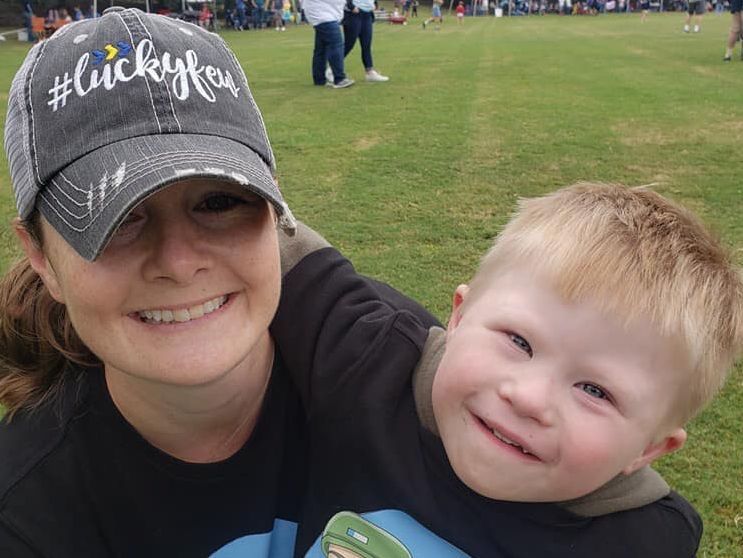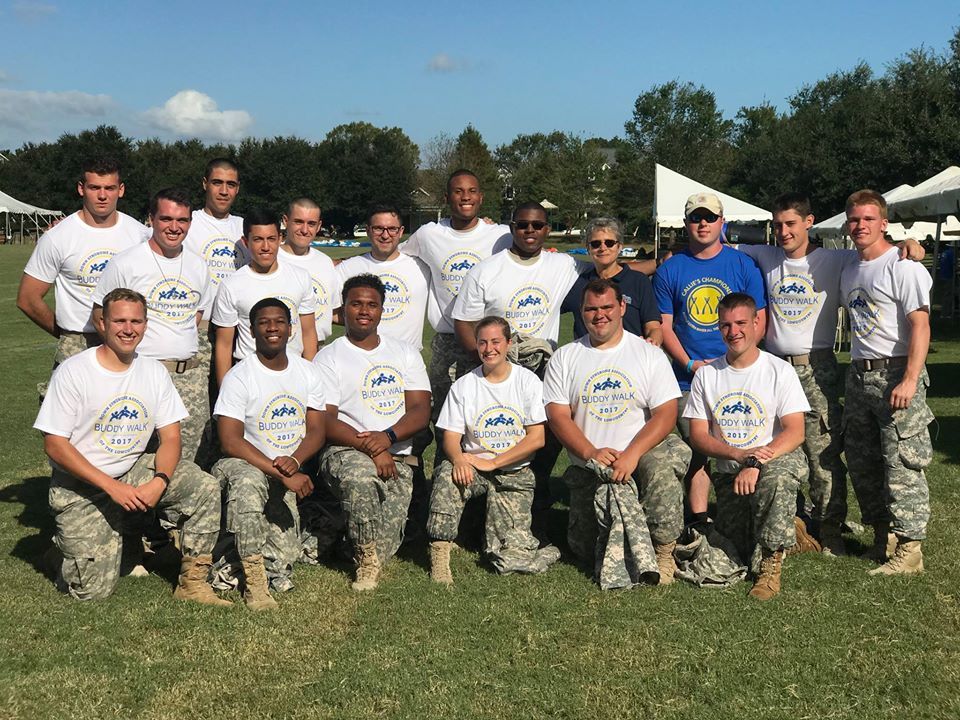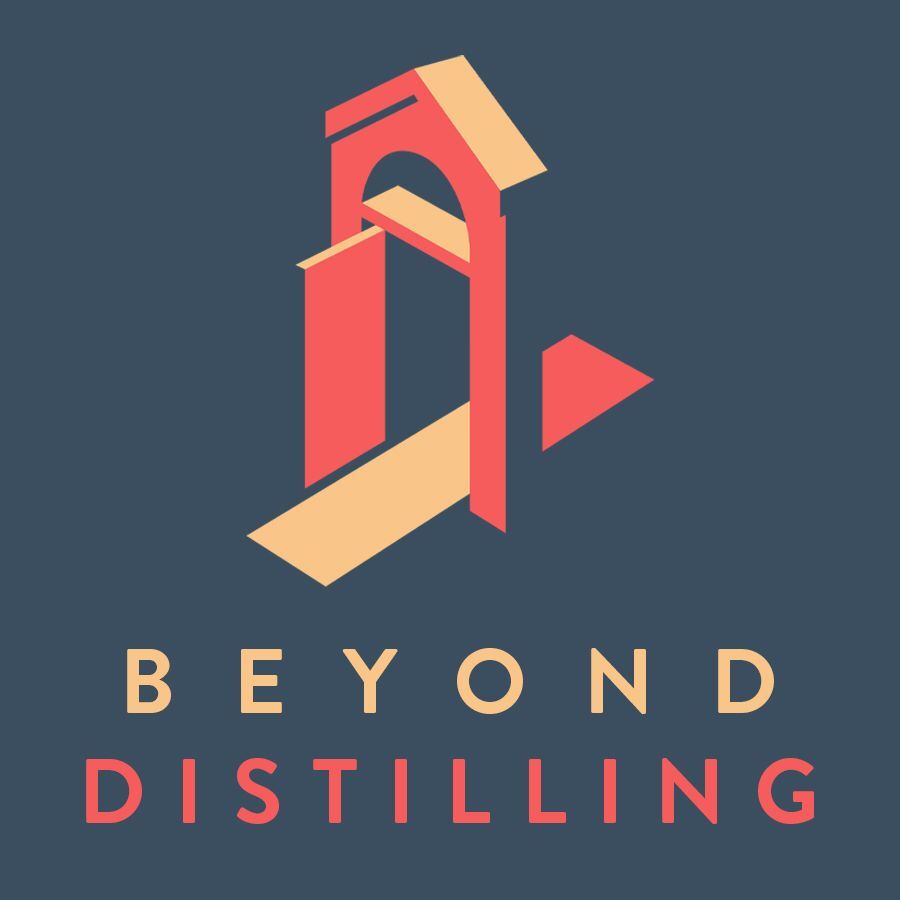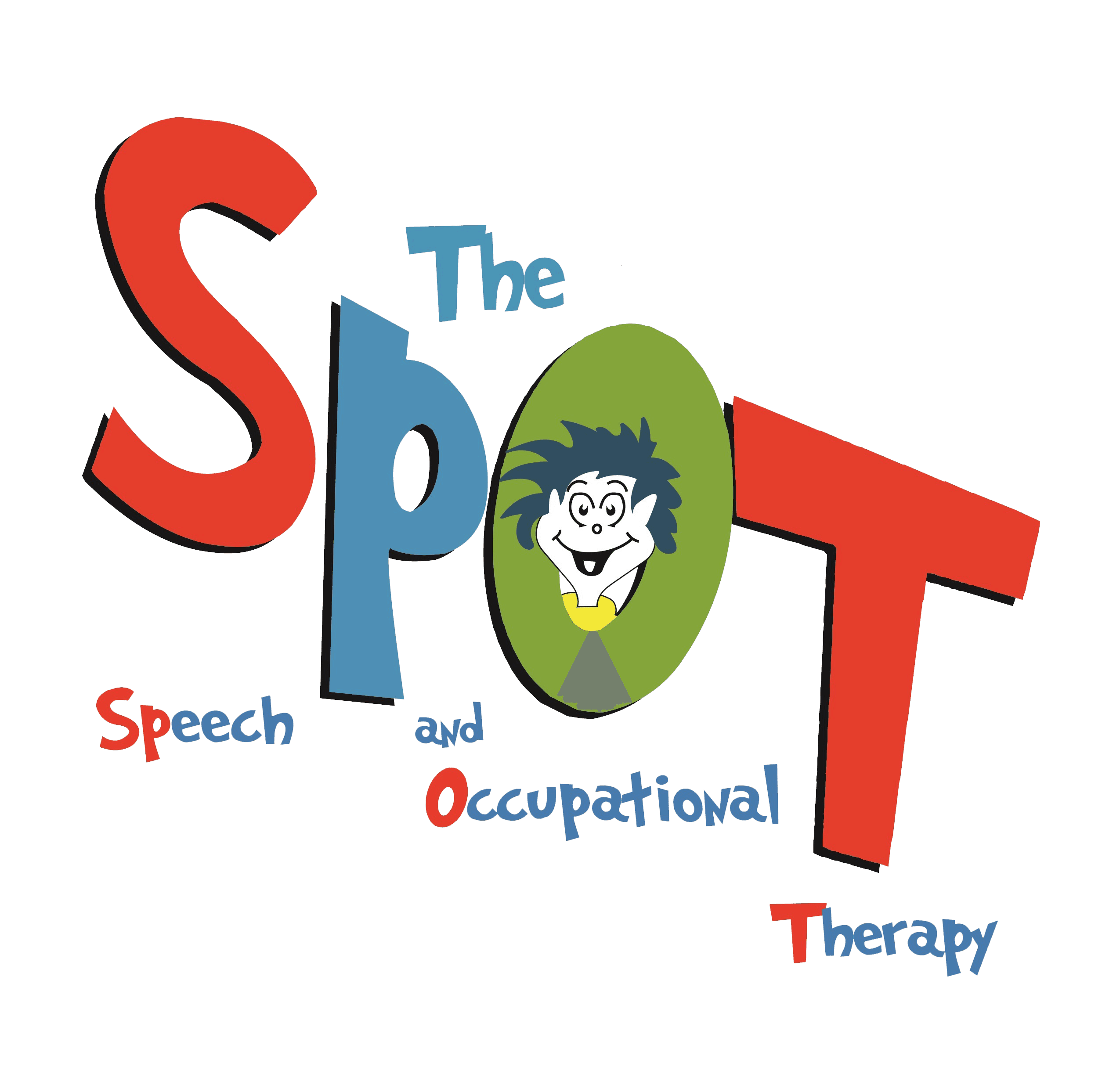
Just a few questions are listed below, please don't hesitate to send us yours. dsalowcountry@gmail.com
- What does DSAL do?
- How can I get involved in DSAL?
- If I were to donate funds to DSAL, how is my money used?
- What is DSAL's privacy policy?
- What is Down Syndrome (DS)?
- Are there different kinds of DS?
- What are some issues that my child with DS may have?
- Will my newborn with DS be able to breastfeed?
- How do I find other parents who have children with DS?
- What is BabyNet?
- How do I get in contact with BabyNet?
- What is the approval process like for BabyNet?
- What is an Early Interventionist (EI)?
- How do I choose an EI?
- What if I am not satisfied with the EI or the EI agency?
- What is an Individualized Family Service Plan (IFSP)?
- What is TEFRA?
- How do I apply for TEFRA?
- What are some tips to a successful TEFRA application?
- For what therapies do most kids with DS qualify?
- What does an occupational therapist (OT) do?
- What does a physical therapist (PT) do?
- What does an speech language pathologist (SLP) do?
- What other therapies are available?
- What happens to my BabyNet services when my child turns 3?
- Can I keep my EI after my child turns 3?
- What is an Individualized Education Plan (IEP)?
- What is the MUSC Down Syndrome Clinic?
- How do I get an appointment at the MUSC Down Syndrome Clinic?
-
What does DSAL do?
Our organization raises awareness and helps individuals with Down Syndrome and their families connect through programs both educational and social! For a list of specific programs and services we provide, visit our What We Do section.
-
We’re always on the lookout for individuals who want to get involved. If you or a family member have Down Syndrome, please fill out our "Tell us who you are" form on our Get Connected Page, or go to the Volunteer page to learn more and get involved.
-
We have a responsibility to our community and our donors and work hard to ensure long-term sustainability of the organization. DSAL hosts Camps for youth with Down syndrome, brings speakers to educate our parents, provides new parents with materials and support, and strives to engineer new and exciting ways to keep our kids and families connected! All while saving and ensuring success in years to come. Click the heading of this question for more information on how to donate and specific ways we use your donation!
-
Our organization takes our privacy policy seriously and takes steps to protect and ensure the safety of our supporters. We do not sell or otherwise disclose information about our volunteers or supporters outside of our immediate organization. This policy has no exceptions. We do not sell or exchange your information with any other organizations, public, private or nonprofit. For more detailed information visit our Privacy Policy page.
-
What is Down Syndrome (DS)?
Down Syndrome is when a person as an extra copy of chromosome 21. Typically a person has two copies of each chromosome (one from each parent). Someone with DS received an extra copy of chromosome number 21 from one parent at the point of conception. This is why it is also called Trisomy 21 or T21.
-
Are there different kinds of DS?
Yes. In most cases of DS, the person has three copies of chromosome 21 in each of the cells of their body. In Mosaic DS, the extra copy occurs during early cell division after conception. In this case, some cells will have T21 and some will not. This may or may not have an effect on the features or abilities of the person as people with DS can have a wide range of effects.
The rarest form of DS is translocation. In this type of T21, the extra copy of chromosome 21 is attached to another chromosome. The diagnosis is no different than that of the typical T21. This is, however, the only inheritable form of DS. Parents concerned about their potential to have additional children with DS can consult a genetic counselor to determine whether or not they are carriers of this translocation. -
What are some issues that my child with DS may have?
Your child with DS will most likely have delays in development. They will also be closely monitored for cardiac and thyroid issues that are common to those in the DS community. Those with DS typically have low muscle tone for which they will receive therapies to aid it its improvement.
-
Will my newborn with DS be able to breastfeed?
Low tone in newborns with DS can hinder their ability to breastfeed. However, some are able to breastfeed without issue. Some may need to supplement with bottles or feeding tubes. Seek out a lactation consultant for advice on how best to assist you and your baby with breastfeeding.
-
How do I find other parents who have children with DS?
In the Charleston area, please contact the Down Syndrome Association of the Lowcountry (DSAL). Visit http://www.dsalowcountry.org/ and fill out a parent contact form. Find DSAL on Facebook too. Connecting with other parents who have been where you are can be beneficial to you and your whole family.
-
What is BabyNet?
BabyNet is South Carolina’s interagency early intervention system for infants and toddlers under three years of age with developmental delays, or who have conditions associated with developmental delays (http://scfirststeps.com/babynet/). BabyNet will provide a list of agencies from which you may choose to provide Early Intervention (EI) services for your child. BabyNet will cover the cost of your EI and any other therapies for which your child qualifies up to the age of 3.
-
How do I get in contact with BabyNet?
Your pediatrician can refer you to BabyNet or you can call them directly. If you have a prenatal diagnosis, you will not need to contact them until after your baby is born.
-
What is the approval process like for BabyNet?
With a diagnosis of DS, your child will automatically qualify so the process is fairly simple. You will go to the BabyNet offices, show records of your child’s diagnosis, and fill out appropriate paperwork. You will then have a few days to choose your EI provider.
-
What is an Early Interventionist (EI)?
An Early Interventionist (EI) will help you and your child navigate this new world. He or she will create an Individualized Family Service Plan (IFSP), help coordinate therapies as needed, and possibly provide help with your TEFRA application. They will usually meet with you twice a month (more or less often if you choose) to do play therapy with your child and check in with your needs and goals.
-
How do I choose an EI?
BabyNet will give you a list of providers in your area. You can call those that you are interested in, check for appointment availability, and gauge how well you feel you fit with each one. Choose the one you feel most comfortable with who also has availability in your expected time frame.
-
What if I am not satisfied with the EI or the EI agency?
You can change EIs if you do not feel they are a good fit with your family. You can change within the agency or change agencies altogether.
-
What is an Individualized Family Service Plan (IFSP)?
The IFSP is a written document that, among other things, outlines the early intervention services that your child and family will receive. One guiding principal of the IFSP is that the family is a child’s greatest resource, that a young child’s needs are closely tied to the needs of his or her family. The best way to support children and meet their needs is to support and build upon the individual strengths of their family. So, the IFSP is a whole family plan with the parents as major contributors in its development. Involvement of other team members will depend on what the child needs. These other team members could come from several agencies and may include medical people, therapists, child development specialists, social workers, and others. (source: http://www.parentcenterhub.org/repository/ifsp/) The IFSP will apply until the child is age 3 at which point the IEP will be put in place.
-
What is TEFRA?
In 1981, the federal government created the Katie Beckett waiver, named after the child who inspired it, which allowed children to receive institutional care at home while retaining their Medicaid coverage, regardless of parents’ income. In 1982, the Tax Equity and Fiscal Responsibility Act (TEFRA) expanded the waiver. (source: https://www.scdhhs.gov) Approval for TEFRA provides a state Medicaid insurance for your child that will cover therapies and medical expenses as long as the child lives within South Carolina.
-
How do I apply for TEFRA?
Contact the Healthy Connections office (https://www.scdhhs.gov). You can seek help with your application from Family Connections (http://www.familyconnectionsc.org/).
-
What are some tips to a successful TEFRA application?
Approval for TEFRA depends upon showing delay or disability worthy of the coverage. Though a diagnosis of DS should be enough to qualify, it is not automatically so. When filling out the application, list every specialist and doctor that your child has seen or is scheduled to see. Do not exaggerate abilities during your interview. It’s hard not to be a proud parent and celebrate every minor victory but when asked, “Can your child dress himself/herself?” answer honestly. Is he helping put in arms in the shirt, maybe. Is that dressing himself? No.
TEFRA will not depend upon your income but it does depend upon your child’s. Do not have any money in your child’s name. Make sure family is aware of this so they do not purchase savings bonds or start bank accounts in your child’s name. This can result in denial of coverage.
If you are denied coverage, find out why you were not approved. You may be able to send information that was missing or otherwise amend your application for approval.
When approved, you will not have to reapply but you will have to sign a form each year asking to continue coverage. Look out for this form every year and return it quickly to avoid losing coverage. -
For what therapies do most kids with DS qualify?
Most children with DS will qualify for services from a physical therapist (PT), an occupational therapist (OT), and a speech language pathologist (SLP). All of these therapies are play-based. These therapies will be done in your home and covered by BabyNet. Some therapists can go to your child’s daycare if required.
-
What does an occupational therapist (OT) do?
The OT will work on fine motor skills. This will start with basic grasping and move toward skills necessary for skills such as writing, feeding, buttoning a shirt, etc. This therapist will also work on hand eye coordination. Some OTs may help with feeding issues if present.
-
What does a physical therapist (PT) do?
A PT will work on gross motor skills. This will start with tummy time building core strength to move towards sitting independently, crawling, walking, climbing stairs, etc.
-
What does an speech language pathologist (SLP) do?
The SLP will work on developing skills for speaking. This may start with using sign language. They will work on both receptive and expressive language. Like OTs, some specialize in feeding issues and can help work on those if required.
-
What other therapies are available?
Other therapies that some find productive (but may not be covered by BabyNet) are music therapy, equine therapy, and water/swim therapy.
-
What happens to my BabyNet services when my child turns 3?
At age 3, your EI will facilitate your transition from BabyNet to the school system. Your child will be evaluated and any OT, PT, or Speech for which they qualify will be provided by the school system. This is often in a preschool setting 2-3 hours a day. This varies county to county. You have the option to opt in or out of these services. You may also continue to see your private therapists.
-
Can I keep my EI after my child turns 3?
Yes, if a child has a delay in two or more areas, based on the assessment from the EI or DDSN (if they haven't been in BabyNet) then DDSN will qualify a child until they are five for continued family training and service coordination services. The 3-5 years helps families bridge the gap before kindergarten. DDSN doesn't pay for the therapies so TEFRA is helpful here.
You can also get a case worker/coordinator though Family Connections to help you after you outgrow your EI. -
What is an Individualized Education Plan (IEP)?
You'll have your first Individualized Education Plan (IEP) when your child turns 3. At that point, their services (most likely PT, OT, and Speech) will go through the school system instead of BabyNet. You'll have annual IEPs throughout their school career where you will discuss their needs or delays, your goals for them, and what accommodations they may need to achieve those goals. Your IEP team will be made up of yourself (and your child when appropriate), their teachers, therapists, counselors, and administrators. The purpose of the team is to determine how best to ensure your child’s success and then implement that strategy. They can be daunting but when you get the right team together and have everyone communicating, it can do wonders for the student's success.
-
What is the MUSC Down Syndrome Clinic?
The MUSC Down Syndrome Clinic is a collection of specialists focusing on the needs of children and young adults with DS. At the clinic, you will see a pediatrician, OT, PT, SLP, and ENT. Because this is a medical university, you may also see students in any of those fields as well. While you are there they will also test you’re your child’s hearing and do bloodwork to check the thyroid. It is a whirlwind appointment usually lasting around 3 hours.
This clinic is a way to check on the major aspects of our child's development, make any suggestions for therapies or medical treatments as needed, and in general try to make sure nothing falls through the cracks. You will go there every 6 months while your child is an infant/toddler starting at age 6 months. After age 3, you will go once a year.
General tips when you do go: bring snacks for you (and whatever baby may be eating at that point), bring whatever will keep baby happy/entertained during a long appointment with often long gaps between specialists, write down questions that you want to ask so you do not forget them in all the business of the day, and bring any current evaluations from other therapists as it can help speed things up if baby/child is less than cooperative/awake. -
How do I get an appointment at the MUSC Down Syndrome Clinic?
Your pediatrician can send a referral to the clinic or you can call for an appointment yourself.














